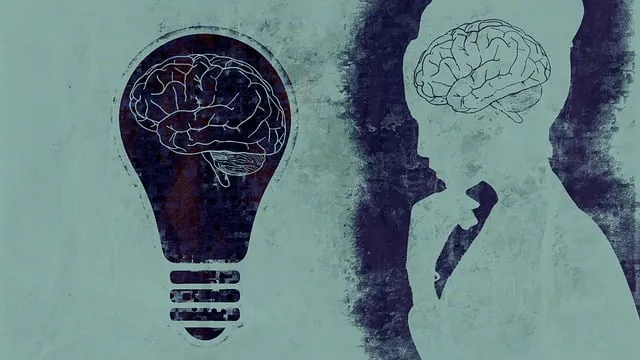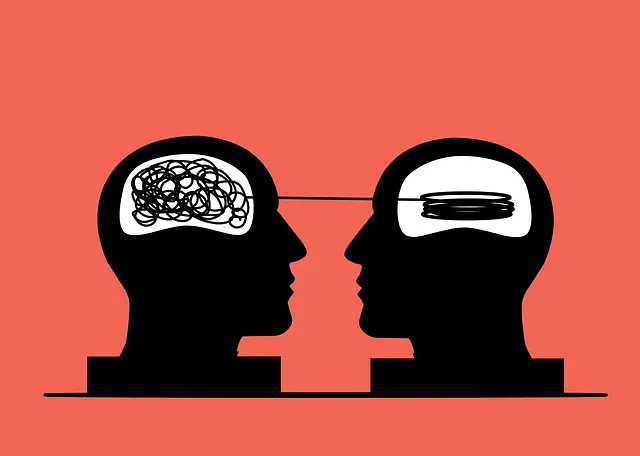Kaiser Permanente mental health Longmont employs the Resilience, Frequency, and Moment (RFM) framework to enhance mental well-being by understanding resilience-building activities. Their Mental Health Education Programs integrate stress reduction and self-care practices based on RFM principles, fostering mental fortitude. Through holistic approaches, stigma reduction, and structured programs, Kaiser Permanente Longmont aims to empower individuals in managing their mental health. Key initiatives include Mindfulness Meditation, Self-Esteem Improvement, and Social Skills Training, cultivating present-moment awareness, confidence, and communication skills. However, structuring RFM programs to suit diverse needs and maintaining long-term engagement require careful planning and continuous innovation.
“Resilience is a powerful tool for enhancing mental well-being, especially in today’s fast-paced world. The RFM (Resilience, Flexibility, and Mobility) framework offers a unique approach to building resilience, with notable success stories from healthcare providers like Kaiser Permanente Longmont. This article explores how RFM exercises can be implemented in healthcare settings, focusing on mental health support. By delving into the benefits and challenges, we aim to highlight Kaiser Permanente Longmont’s leading role in fostering resilience, providing valuable insights for a holistic approach to well-being.”
- Understanding RFM and its Impact on Mental Health
- Kaiser Permanente Longmont: A Leading Mental Health Provider
- Implementing Resilience-Building Exercises in Healthcare Settings
- Benefits and Challenges: A Comprehensive Overview
Understanding RFM and its Impact on Mental Health

At Kaiser Permanente mental health Longmont, we recognize that Resilience, Frequency, and Moment (RFM) is a powerful framework for enhancing mental well-being. Understanding RFM involves grasping how frequently individuals engage in resilience-building activities and the intensity of those moments. This simple yet profound concept has significant implications, especially in today’s stressful world. By promoting regular practices that foster resilience, such as mindfulness or self-care routines, individuals can effectively navigate life’s challenges.
Integrating Stress Reduction Methods and Self-Care Practices aligned with RFM principles is a key component of our Mental Health Education Programs Design. We believe that by encouraging people to invest time in resilient activities, they can build mental fortitude, improve coping mechanisms, and enhance overall well-being. This approach not only empowers individuals but also contributes to a more robust community capable of thriving amidst life’s uncertainties.
Kaiser Permanente Longmont: A Leading Mental Health Provider

Kaiser Permanente Longmont stands as a beacon for mental health services within its community. As a leading provider, they have been at the forefront of delivering comprehensive care and innovative solutions to address various mental health concerns. Their commitment extends beyond traditional therapy, encompassing a holistic approach that includes Mental Illness Stigma Reduction Efforts and well-structured Mental Health Education Programs Design.
Through these initiatives, Kaiser Permanente Longmont not only aims to treat but also to empower individuals in managing their mental well-being. The organization recognizes the significance of coping skills development as a cornerstone for building resilience. By integrating these strategies into their service offerings, they contribute significantly to fostering a supportive environment where individuals can seek help without fear of judgment, ultimately enhancing the overall mental health landscape in Longmont and beyond.
Implementing Resilience-Building Exercises in Healthcare Settings

Implementing Resilience-Building Exercises in Healthcare Settings has gained significant importance, particularly within organizations like Kaiser Permanente mental health Longmont. These exercises are designed to equip individuals with coping mechanisms and enhance their ability to navigate stress and adversity. By integrating practices such as Mindfulness Meditation, Self-Esteem Improvement, and Social Skills Training, healthcare facilities can foster a culture of resilience among their patients and staff.
At Kaiser Permanente mental health Longmont, the integration of these exercises is strategic. Mindfulness Meditation helps individuals cultivate present-moment awareness, enabling them to manage anxiety and depression more effectively. Self-Esteem Improvement programs empower patients to build confidence and develop a positive self-image, which is crucial for recovery and overall well-being. Social Skills Training enhances communication and interaction, fostering stronger support networks among patients and improving their ability to navigate social situations with ease.
Benefits and Challenges: A Comprehensive Overview

The implementation of RFM (Resilience, Flexibility, and Mindfulness) exercises and programs offers a myriad of benefits for individuals seeking to enhance their mental well-being, particularly in settings like Kaiser Permanente mental health Longmont. These practices have been shown to significantly improve coping skills development and mood management, enabling folks to better navigate life’s challenges. By fostering resilience, individuals can develop effective strategies to manage stress, thereby reducing the impact of stressful events on their emotional state.
However, integrating RFM into a structured program is not without its challenges. For instance, designing workshops that cater to diverse learning styles and individual needs within an organization like Kaiser Permanente requires careful planning. Additionally, ensuring sustained engagement over time can be tricky, as maintaining momentum in stress management workshops or mindfulness sessions might demand continuous innovation and adaptation to keep participants motivated and invested in their personal growth journeys.
The implementation of RFM (Resilience-Building Exercises) in healthcare settings, as demonstrated by Kaiser Permanente Longmont’s innovative approach, offers a promising strategy for enhancing mental well-being. These exercises not only empower individuals but also foster a sense of resilience, particularly in managing stress and adversity. By integrating RFM into the fabric of mental health care, especially within the context of Kaiser Permanente Longmont’s comprehensive services, individuals can develop valuable coping mechanisms, leading to improved overall mental health outcomes. This approach holds significant potential for creating sustainable, positive change in communities served by progressive healthcare providers like Kaiser Permanente.






